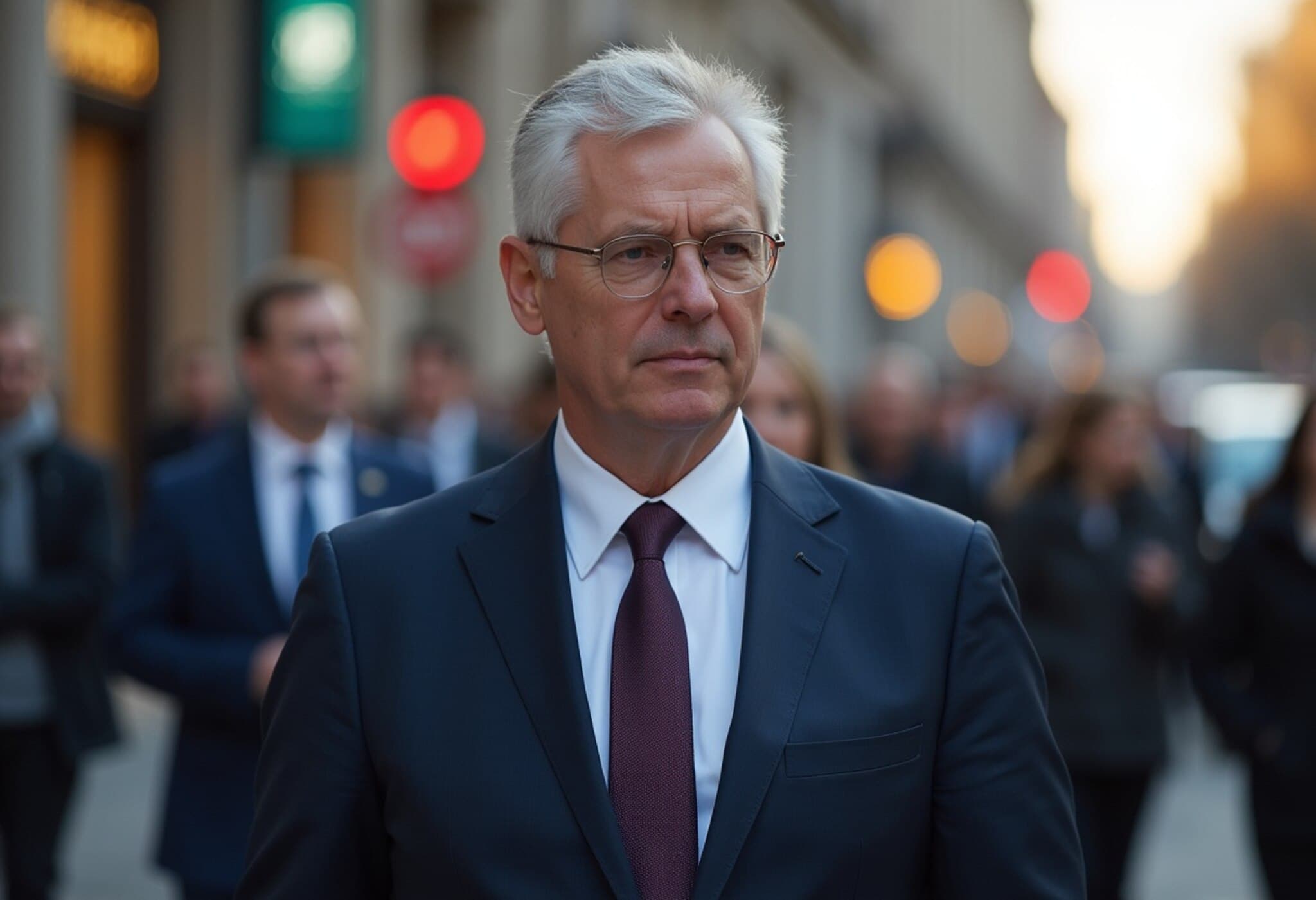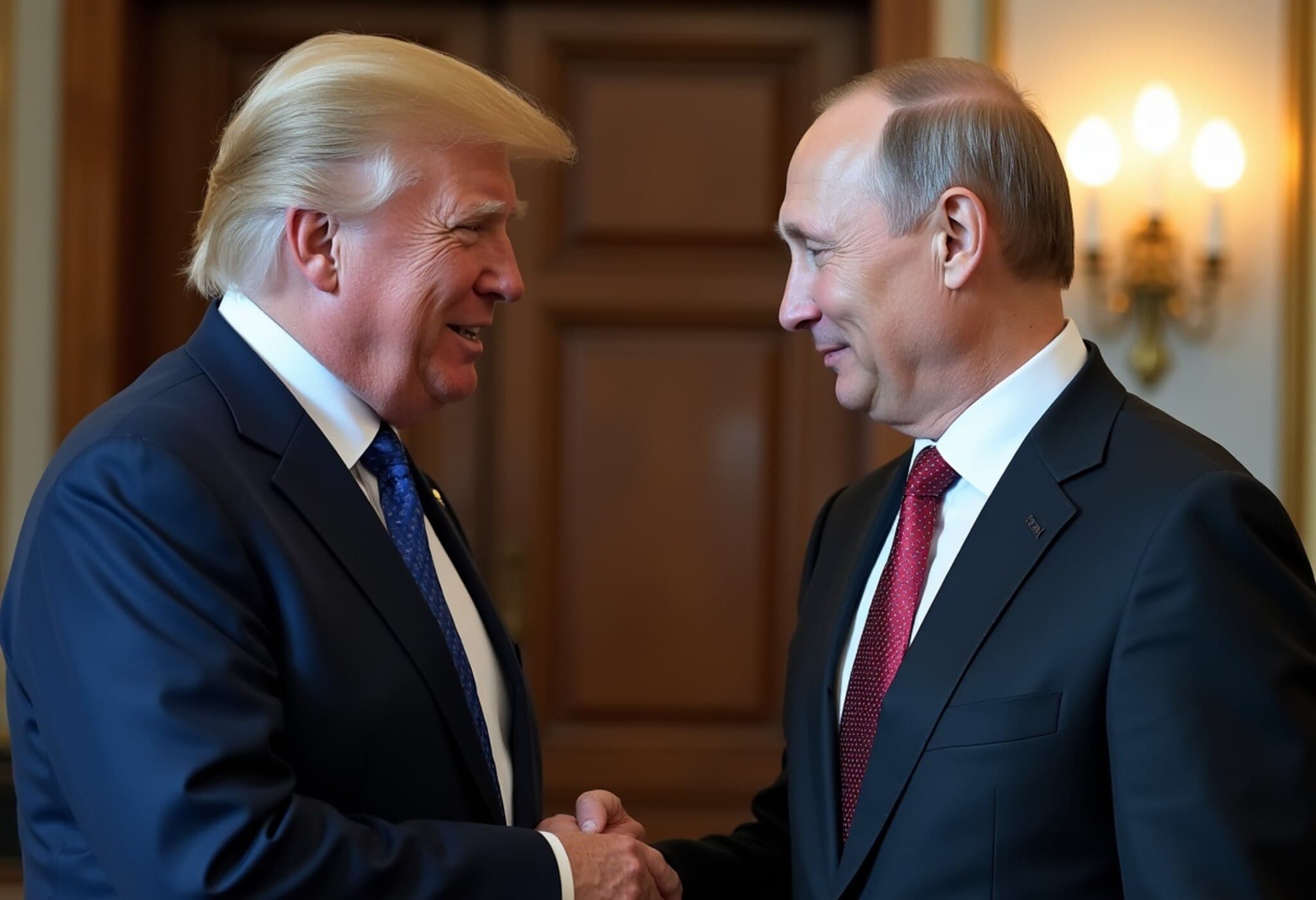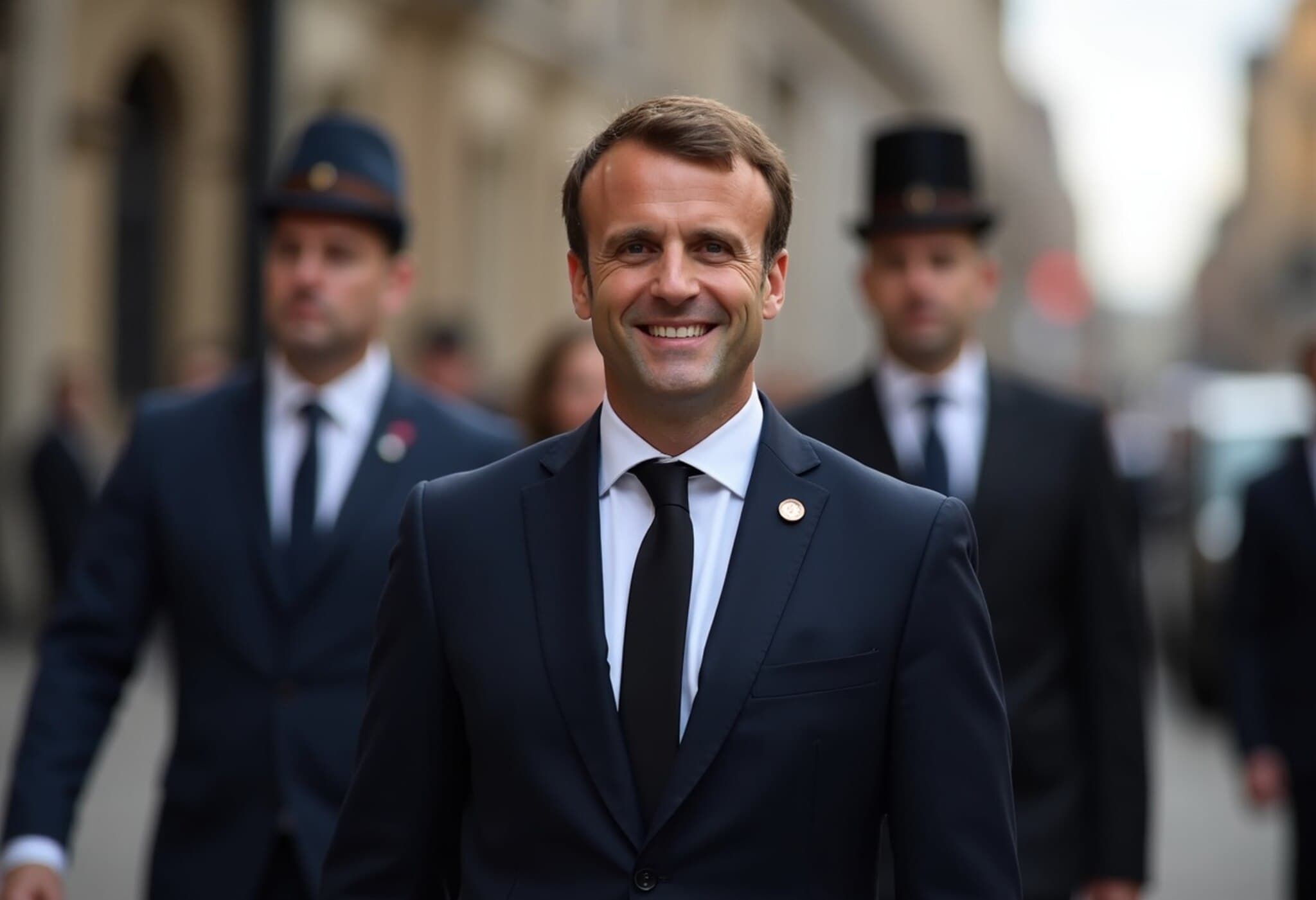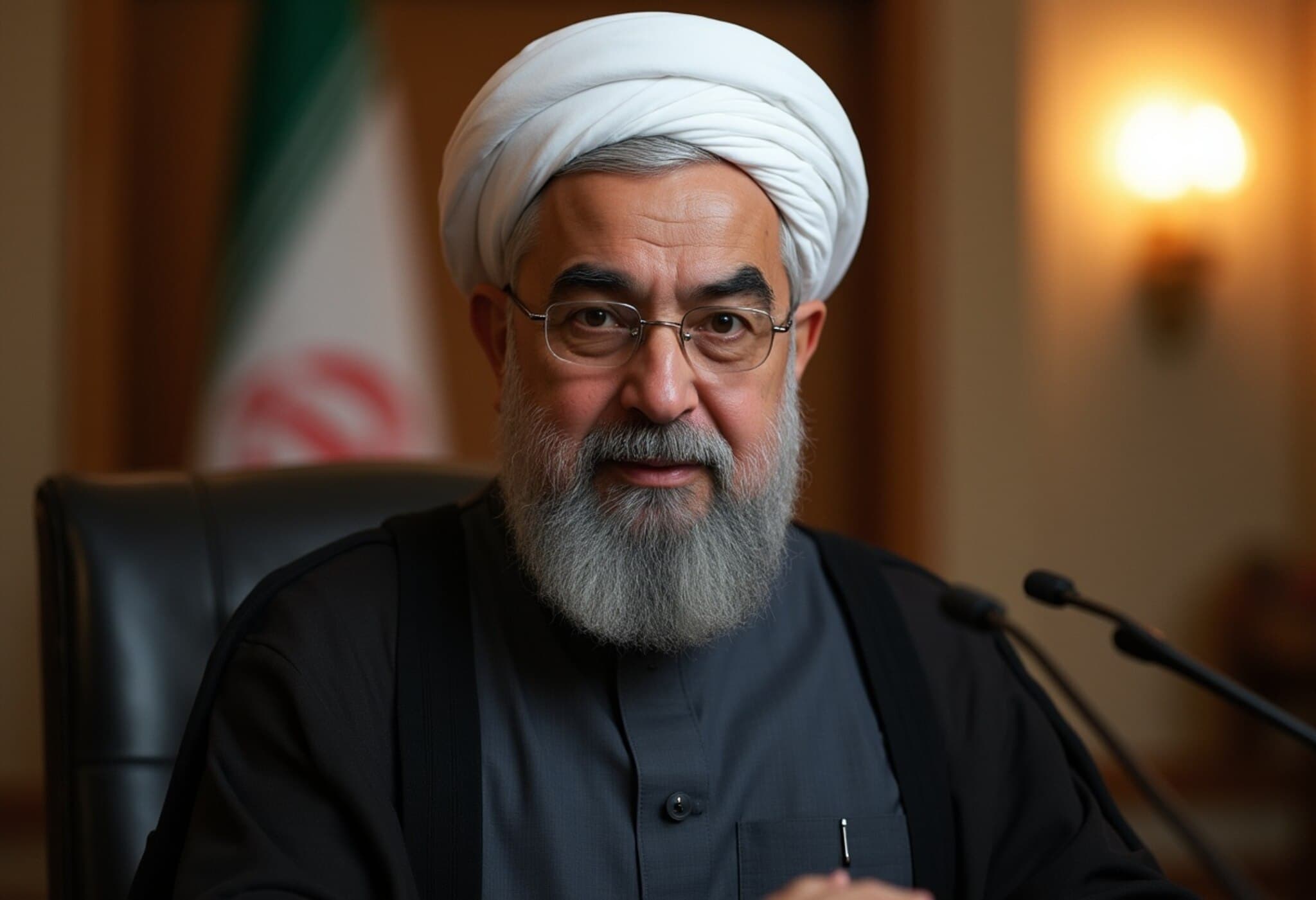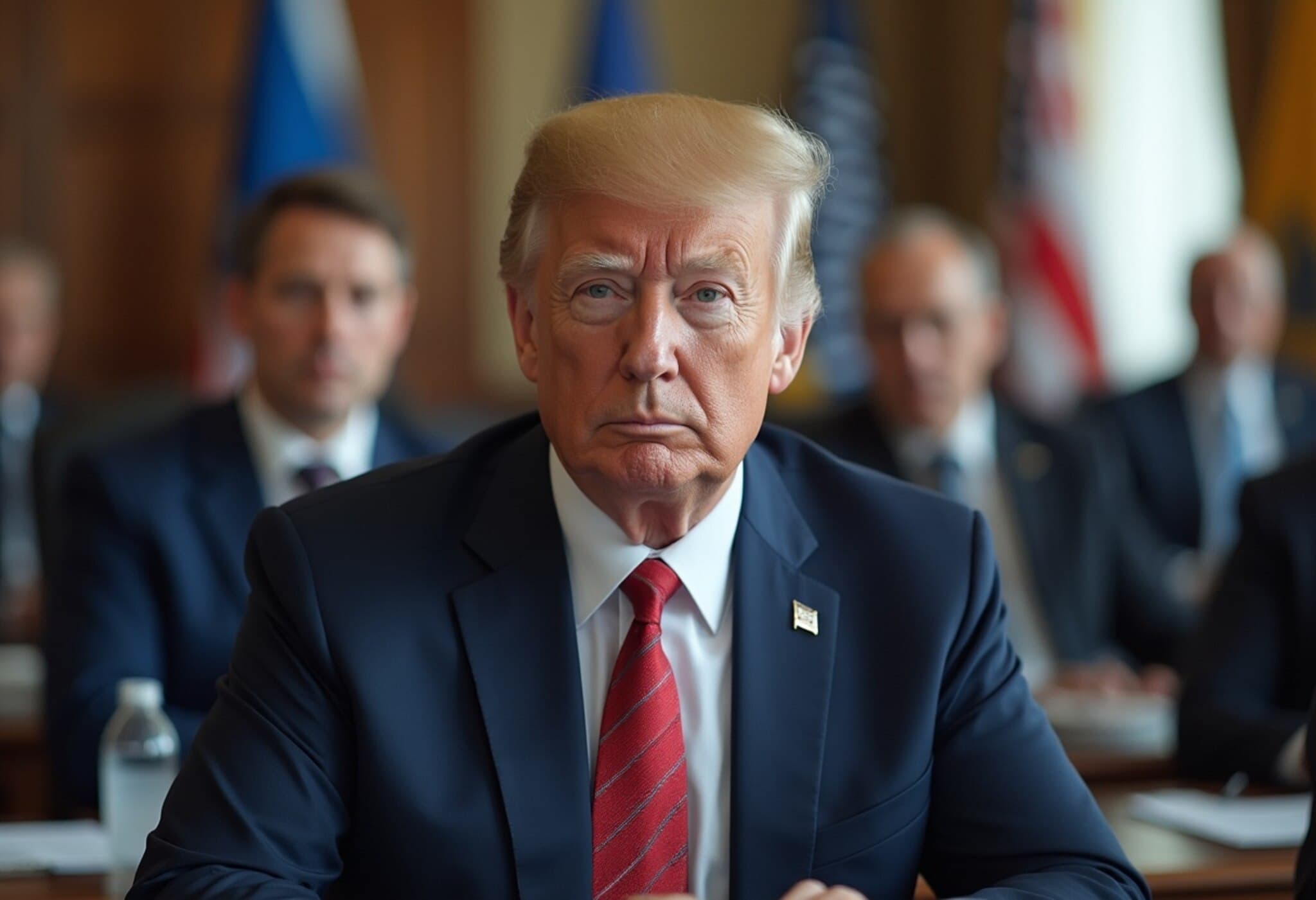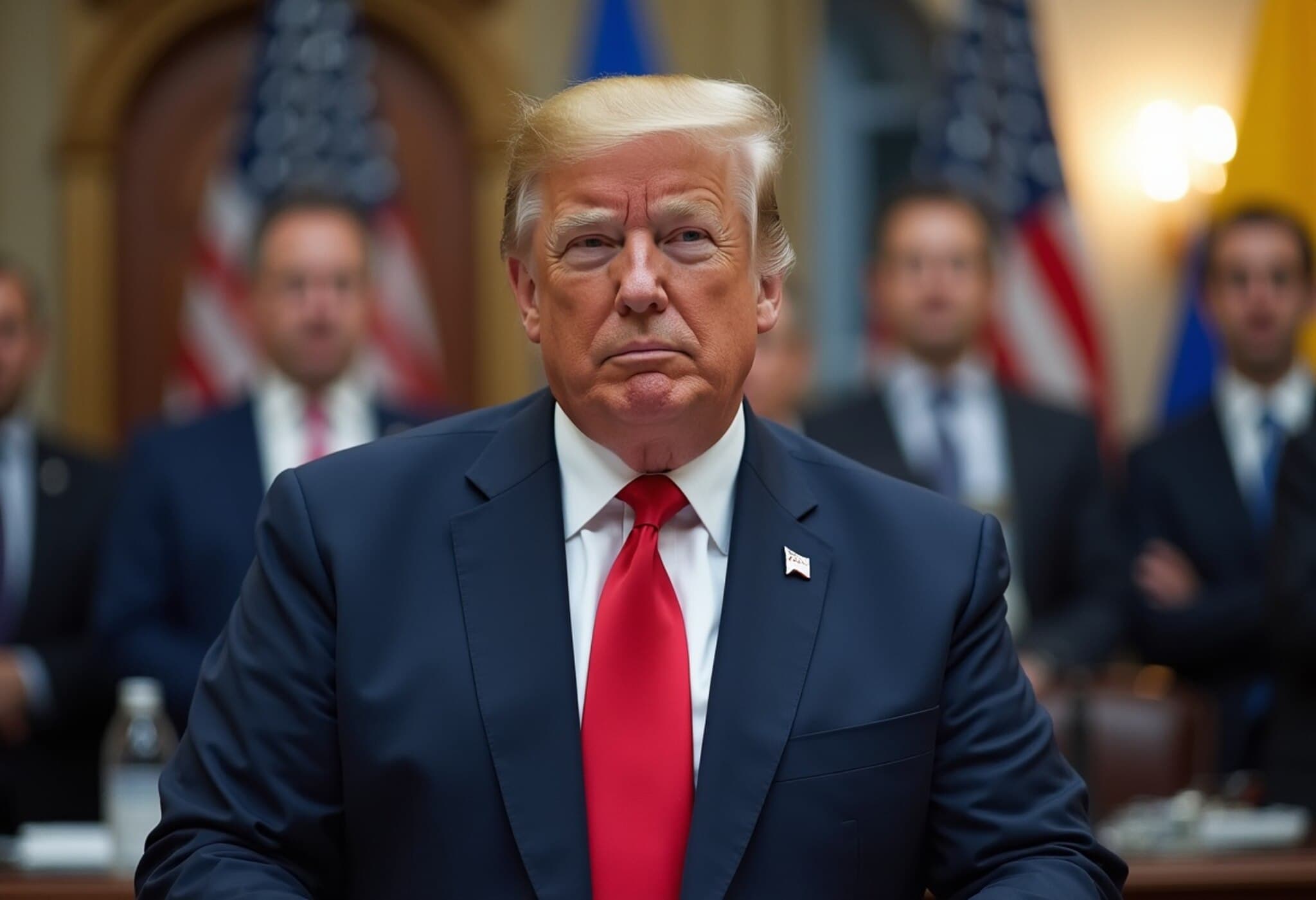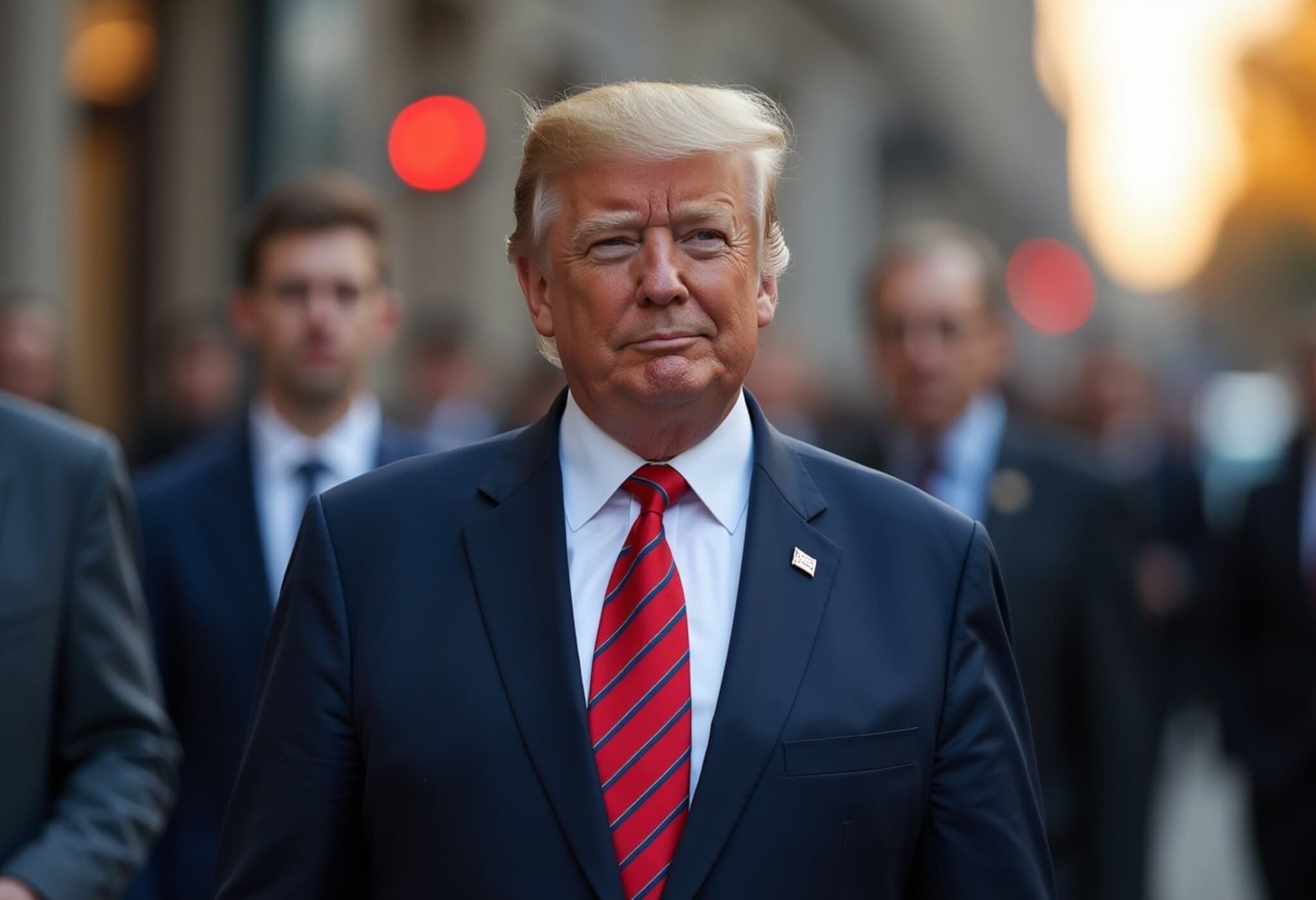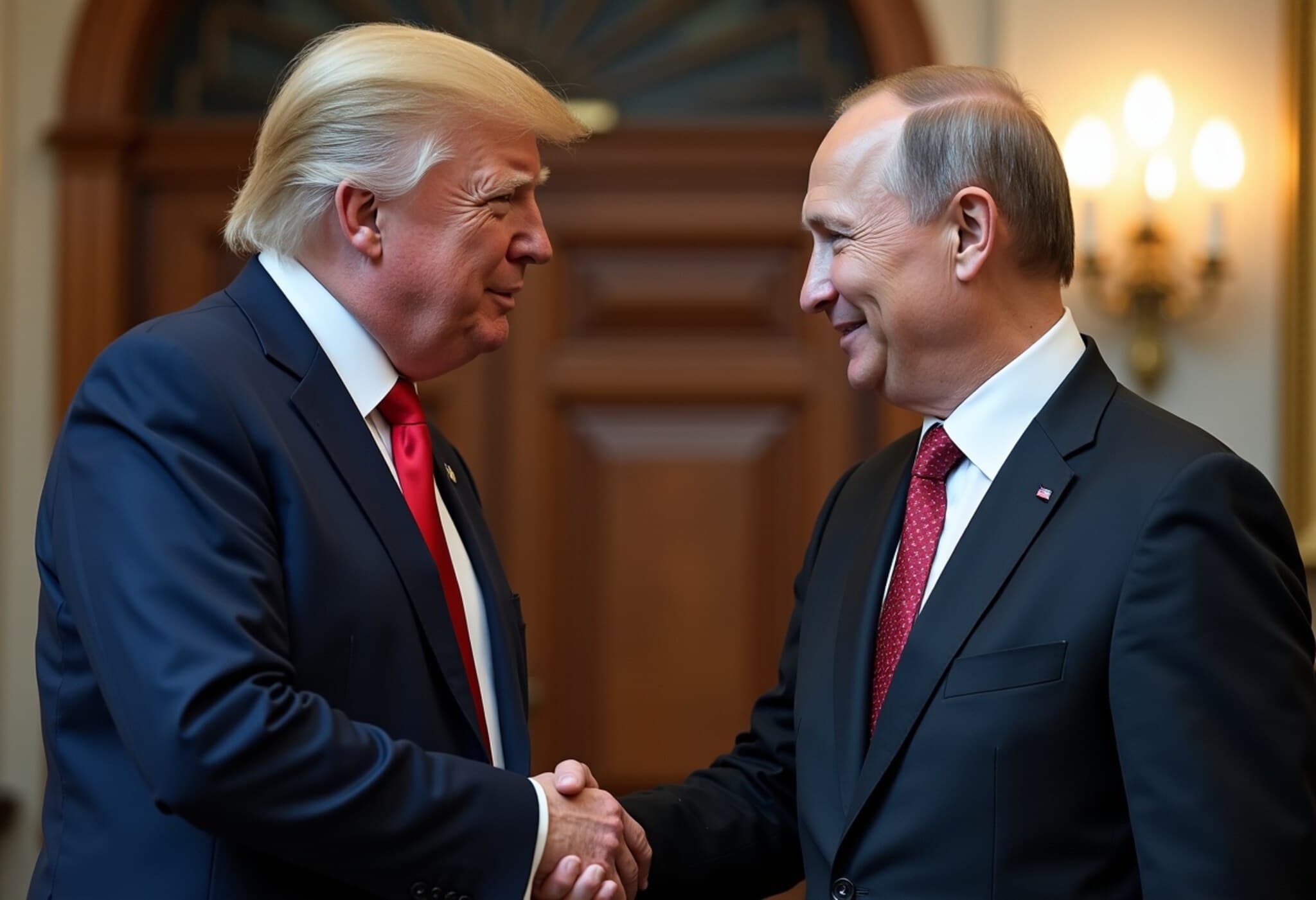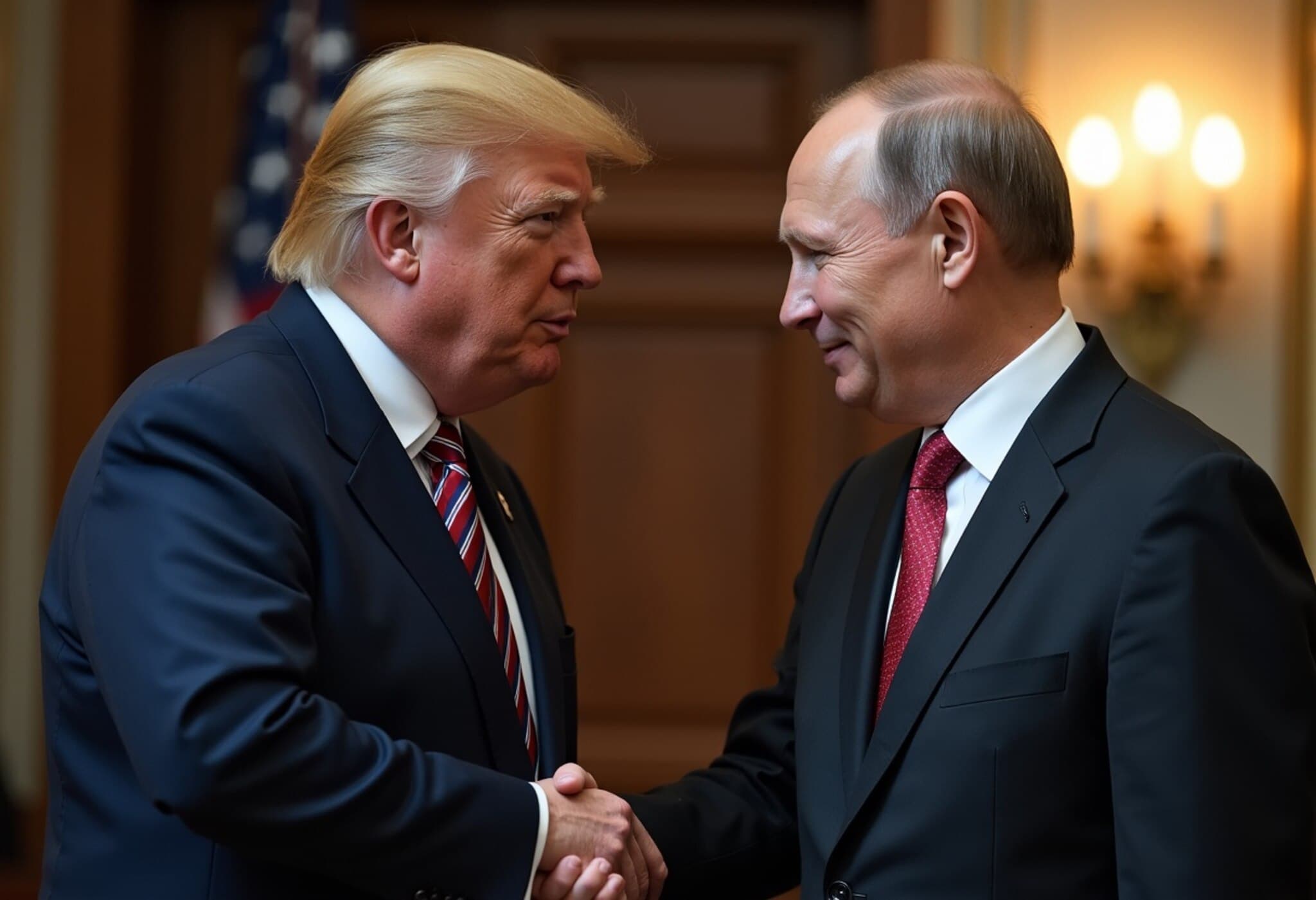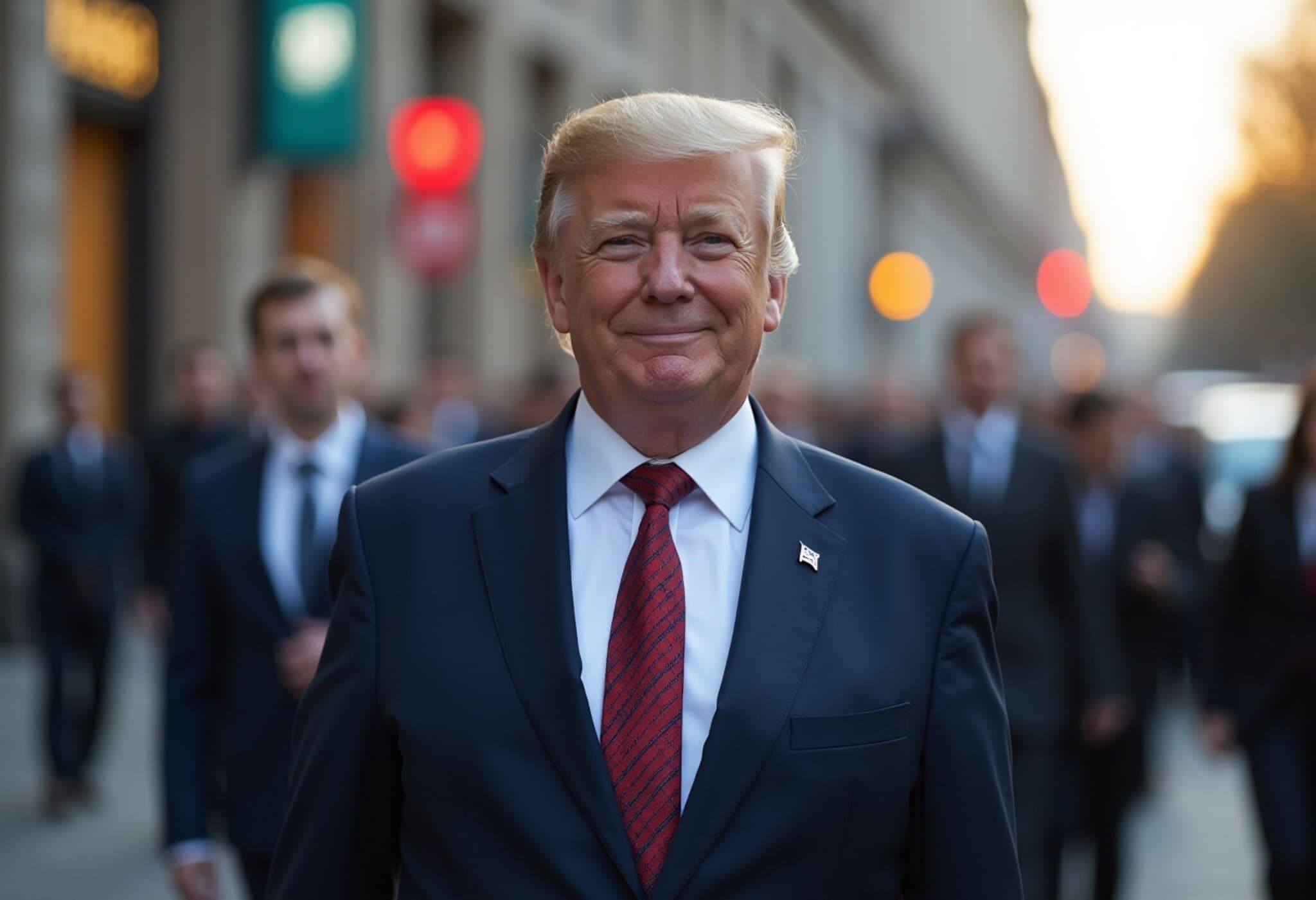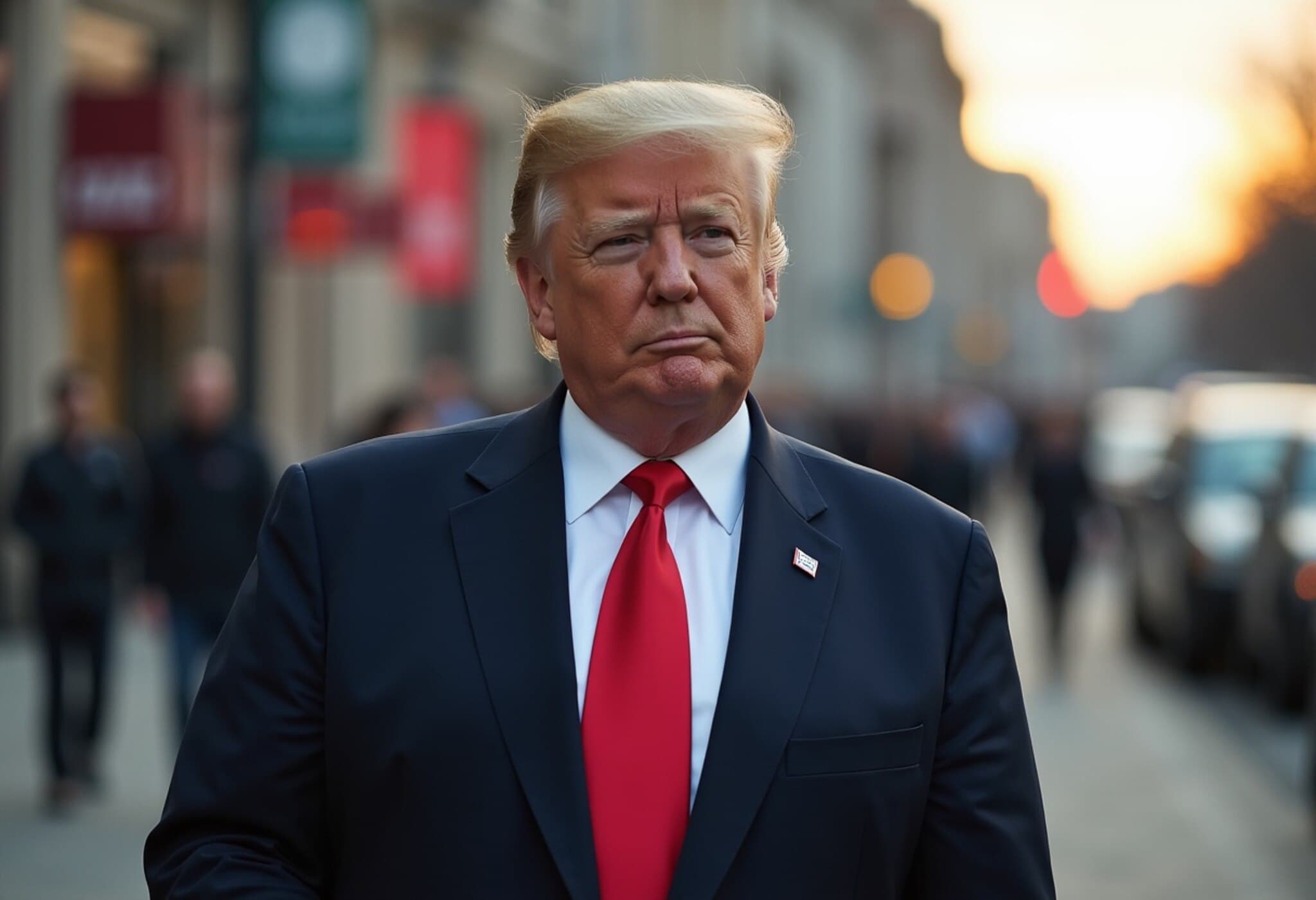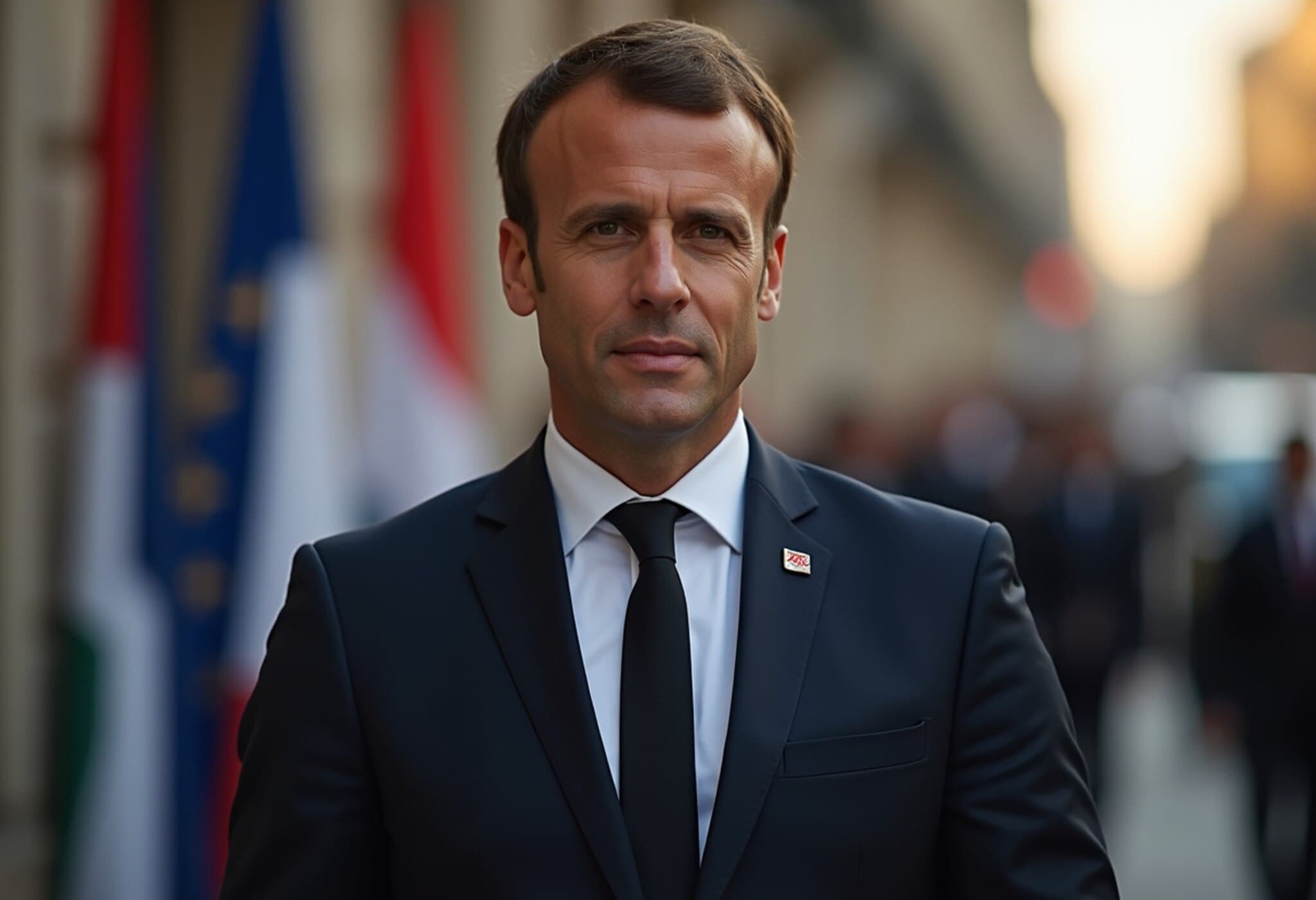EU Pauses €1.5 Billion Aid to Ukraine Amid Governance Concerns
In a striking development that underscores rising tensions between Kyiv and its European supporters, the European Union announced on July 25, 2025, it will withhold €1.5 billion (approximately $2.7 billion) of the €4.5 billion aid package allocated for Ukraine’s non-military needs. This hold stems from Ukraine’s failure to meet key governance benchmarks, particularly related to anti-corruption measures.
Anti-Corruption Backlash Clouds Zelensky’s Leadership
President Volodymyr Zelensky, who emerged as a symbol of resistance and reform following Russia’s 2022 invasion, now faces the first serious cracks in Western support. His administration’s controversial move to undermine Ukraine’s principal anti-corruption bodies—the National Anti-Corruption Bureau of Ukraine (NABU) and the Specialized Anti-Corruption Prosecutor’s Office (SAPO)—sparked nationwide protests, revealing growing domestic unease.
The reversal of his decision to curtail agency independence did little to ease Western concerns. The EU’s conditional aid suspension highlights uneasiness about possible consolidation of power during wartime, and raises critical questions about Ukraine's commitment to transparency and democratic reform.
Why the EU’s Aid Freeze Matters
- Financial Strain: The withheld funds represent a significant portion of non-military financial aid intended to shore up economic stability and rebuild infrastructure war-torn by nearly three years of conflict.
- Governance Signals: The EU’s decision marks a notable shift from unqualified diplomatic support to a more pragmatic stance linking aid to anti-corruption progress.
- Geopolitical Implications: This pause sends a message not only about governance but also about the delicate balancing act Western allies perform in backing Ukraine while safeguarding their principles.
Expert Insights: The Waning Lustre of Wartime Leadership
James Wasserstrom, a seasoned American anti-corruption expert, suggests the incident reflects a broader donor community frustration: “The lustre is definitely coming off Zelensky’s wartime leadership. Donors expected rapid reforms; this backtracking raises doubts about long-term commitment.”
Such criticism is particularly poignant in light of ongoing investigations into high-profile corruption cases within Zelensky’s own government, including charges against former Deputy Prime Minister Oleksiy Chernyshov. Accusations of cronyism and political interference have fermented distrust among civil society and international stakeholders alike.
Legal and Policy Context
The EU’s Ukraine Facility, a €50 billion package over three years, aims to facilitate post-war recovery and align Ukraine’s governance with EU standards—an essential step toward eventual EU accession. The withholding of funds reflects the bloc’s insistence that reform benchmarks, such as the formation of a specialized anti-corruption court, be met before continued funding.
Notably, Ukraine’s failure to appoint a lead investigator to head the Economic Security Bureau—a key demand tied to International Monetary Fund (IMF) aid—puts additional financial support at risk. These interlocking governance requirements indicate a complex diplomacy where financial aid is both a tool and a lever for reform.
Domestic Consequences and Political Backlash
Within Ukraine, the Zelensky administration’s use of martial law to centralize control has stirred controversy. Critics argue it sidelines elected officials and tightens government grip on civil liberties, with some labeling these moves a calculated power grab fertile for corruption.
British Prime Minister Keir Starmer, among others, has reportedly contacted Zelensky, expressing concern over the anti-corruption agency rollbacks. This diplomatic pressure signals fractures among Kyiv’s traditional allies who must reconcile support for Ukraine’s sovereignty with adherence to democratic norms.
Looking Ahead: What This Means for Ukraine and Its Allies
The EU’s aid suspension raises pressing questions about the future trajectory of Ukraine’s reform agenda and the sustainability of Western financial backing amid ongoing military conflict. With the war’s end still uncertain, Ukraine faces the challenge of balancing urgent defense needs against long-term governance reforms critical for its integration into European structures.
As donors recalibrate their expectations, President Zelensky’s administration must navigate a narrow path: preserving wartime unity while convincing international and domestic audiences of genuine, irreversible reform.
Key Takeaways
- The EU’s pause on €1.5 billion in aid is a rare, explicit rebuke signaling dissatisfaction with Ukraine's governance progress.
- Anti-corruption measures remain a non-negotiable condition for continued Western funding.
- Ukraine’s political centralization during martial law raises concerns about democratic erosion amid war.
- International partners, including the IMF and European governments, are closely monitoring reform compliance.
Editor’s Note
Zelensky’s leadership has been a beacon of resilience and hope since the Russian invasion, but governance challenges threaten that legacy. The EU’s conditional aid decision reflects a complex reality: wartime solidarity must coexist with the imperative of good governance. This evolving dynamic beckons readers to consider—what does sustainable support for Ukraine look like when democratic principles are tested by conflict? And how will this shape the future of Eastern Europe’s security and integration?

